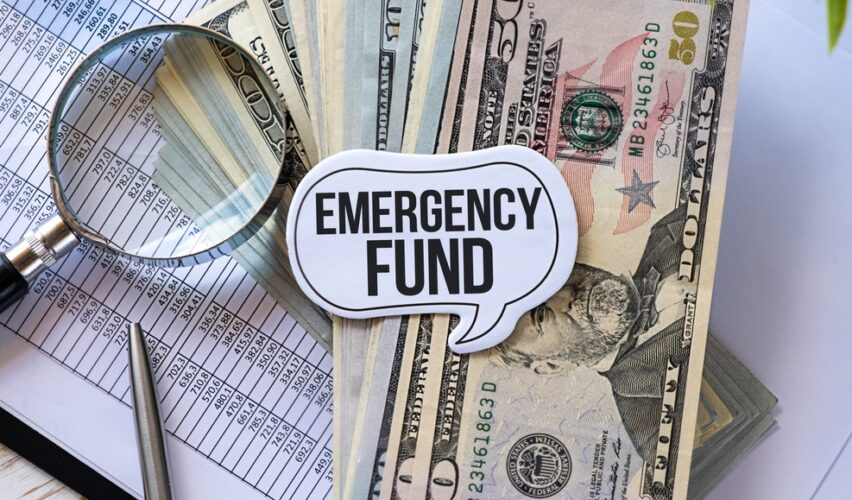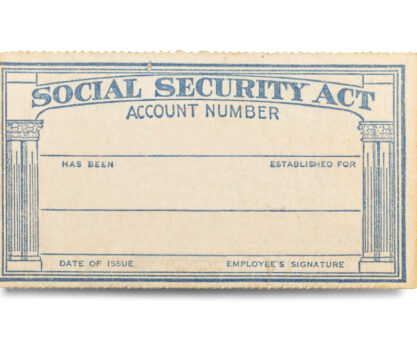A recent study underscores the critical role that emergency cash reserves play for those saving for retirement. Without sufficient liquid savings to cover unexpected, large expenses, individuals often face tough choices – either pausing retirement contributions or turning to credit cards for relief.
Credit Card Debt and Retirement Savings
The study, conducted by the Employee Benefit Research Institute (EBRI), highlights a concerning pattern: an increase in credit card debt tends to reduce the amount people save for retirement. This analysis specifically focused on public sector employees participating in defined contribution plans, including the federal Thrift Savings Plan (TSP).
Impact of Financial “Spikes”
Building on prior research involving private-sector employees, the report examined how households manage financial “spikes”—defined as any expense that is 25% higher than the monthly average over the previous year. According to the findings, nearly 30% of households encountered such a spike within the last 12 months, with many facing multiple spikes. Common examples of these sudden expenses include significant car repairs or unexpected home maintenance costs, which can wreak havoc on a household’s budget.
Borrowing from Retirement Plans and Credit Cards
The study found that these financial surges often lead to an uptick in borrowing, both from retirement accounts and credit cards. Among those experiencing a spending spike, 7% took out a new loan from their retirement plan, and nearly 32% increased their credit card debt. In contrast, those without a spending spike were much less likely to resort to these measures, with just 2.7% borrowing from retirement plans and 25.9% accumulating more credit card debt.
Differences Based on Existing Credit Card Debt
Additionally, the study found that individuals with relatively low credit card balances are more inclined to increase their card debt to cover these expenses rather than dipping into their retirement savings. On the other hand, those with high existing credit card debt often opt to borrow from their retirement plans instead.
Long-Term Consequences of High Credit Card Debt
“This research shows that public-sector employees, like their private-sector counterparts, often rely on credit cards when they lack the cash reserves to absorb sudden financial shocks,” the study noted. The negative impact of this behavior is long-lasting, as increased credit card debt correlates with reduced contributions to retirement plans and lower overall account balances, even when adjusted for income.
The Importance of Emergency Savings
The study concludes that maintaining a sufficient emergency fund is crucial for avoiding a spiral of growing debt, which can severely affect long-term financial stability and retirement readiness, regardless of employment sector.
Reach out to an FRC® trained advisor who can set you on a path toward financial preparedness.


























